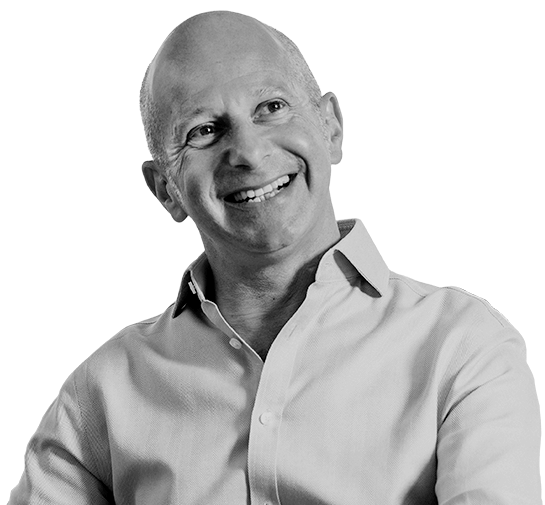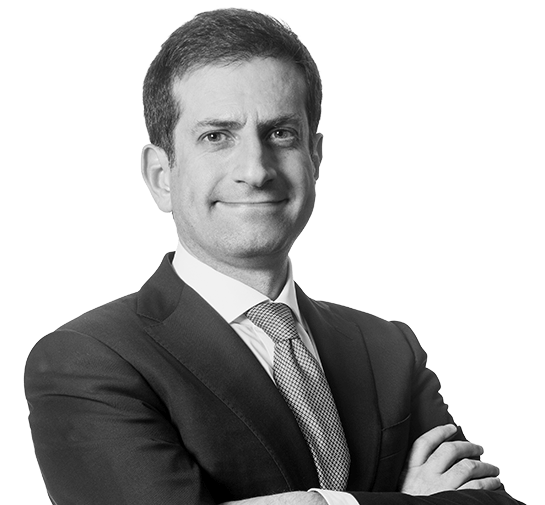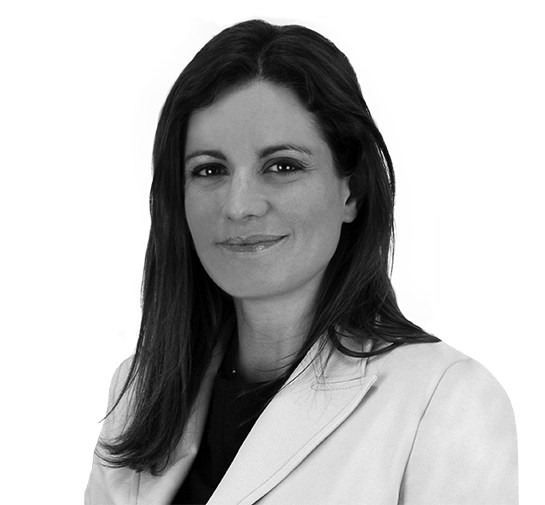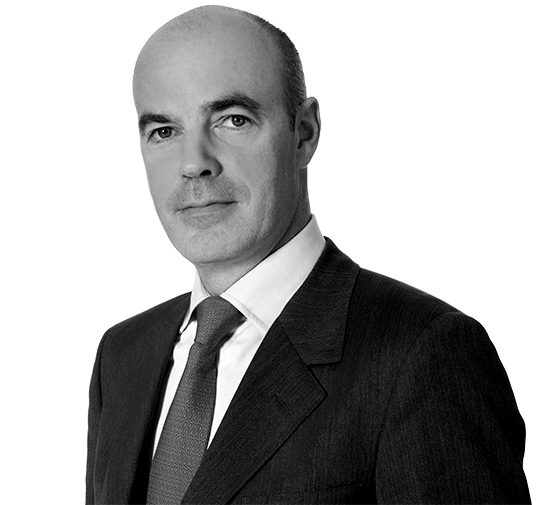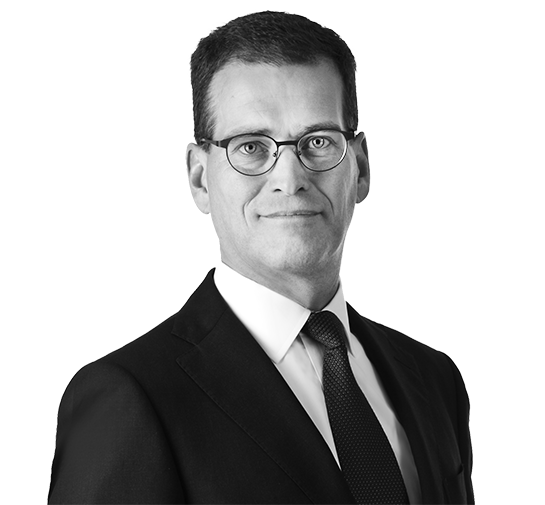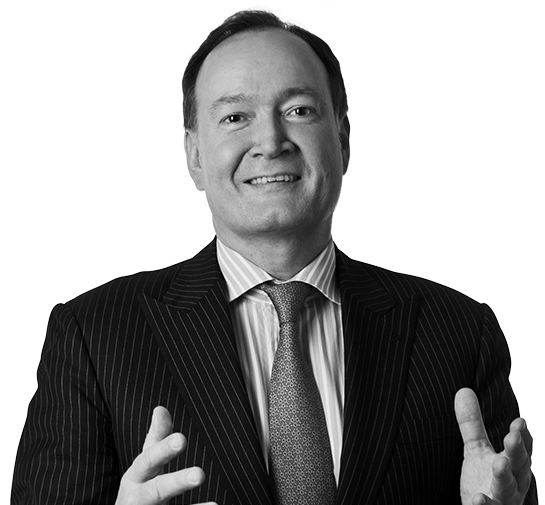Letter from America: Creative Dealmaking, Regulatory Hurdles and Consolidation a Focus for U.S. PE

As the most mature private equity market on the planet, events in the U.S. can often foreshadow what is to come in Europe. Here, we explore some of the biggest stories stateside, and consider what their implications could be for the industry as a whole.
President Biden’s August executive order regarding the issuance of outbound investment restrictions has the potential to be disruptive. The so-called ‘reverse Committee on Foreign Investments in the United States’ (reverse CFIUS,) due to come into effect next year, will impact companies and investors operating in the areas of quantum computing, artificial intelligence and semiconductors, with further expansions of those parameters possible.
U.S. appetite for China investment has already dwindled in anticipation of the new rules, and in the wake of China’s protracted strict lockdown measures during the pandemic. The aggregate value of U.S. investments in China declined by around 76% year-on-year from $28.92bn in 2021 to $7.02bn in 2022, according to S&P Global Market Intelligence data1.
However, a number of firms remain heavily invested in the region’s technology industry, and now face tough decisions on how to proceed. Sequoia Capital has taken the most radical stance so far, separating its China arm from its U.S. and European operations, while also spinning off its India business.
It remains to be seen whether UK and EU governments will follow Biden’s lead in restricting investment in Chinese technology, but the executive order certainly crystalizes the ongoing trend towards isolationist politics, reversing decades of globalization, and creating a very different global stage on which private equity must perform.

Flexing Regulatory Muscle
Meanwhile, regulatory scrutiny of private equity continues to increase in the U.S. with proposed changes to pre-merger filings. If implemented, the changes to the Hartt-Scott-Rodino (HSR) form could significantly expand the scope of information required from private equity firms, increasing the disclosure burden, time, and expense of a transaction in the early stages, with the potential for more deals to be blocked.
The proposed rule changes could hinder industry specialists and buy-and-build strategies in particular, with the requirement to disclose previous transactions over a 10-year period.
Meanwhile, the Securities and Exchange Commission has announced a package of regulation focused on disclosure of performance and expenses by private funds, as well as limiting deals that can be struck with individual investors.
Whether or not these latest proposed HSR changes are enacted, the combination of reverse CFIUS, HSR amendments and SEC disclosure requirements clearly mean that U.S. regulators have their attention focused on private equity, and where U.S. regulators go, Europe could follow.

Creative Dealmaking
Interesting trends are also emerging in deal structuring as U.S. private equity firms attempt to break the dealmaking deadlock. In particular, firms are targeting assets well below their typical size threshold through existing portfolio companies, either on an all-equity basis, often involving co-investment, or extending facilities already in place.
As a result, bolt-ons have taken a sizeable share of U.S. private equity activity in the first half of 2023 – mirroring similar trends in Europe – representing 78% of all buyouts, according to Pitchbook2.
Substantial seller rollovers are also becoming increasingly prominent, with equity securities reducing the cash capital required at closing. Finally, there are whispers of a return of the syndicated deal as a way to limit exposure and make capital go further. Sandwich chain Subway, for example, has attracted the attention of a number of heavyweight clubs.
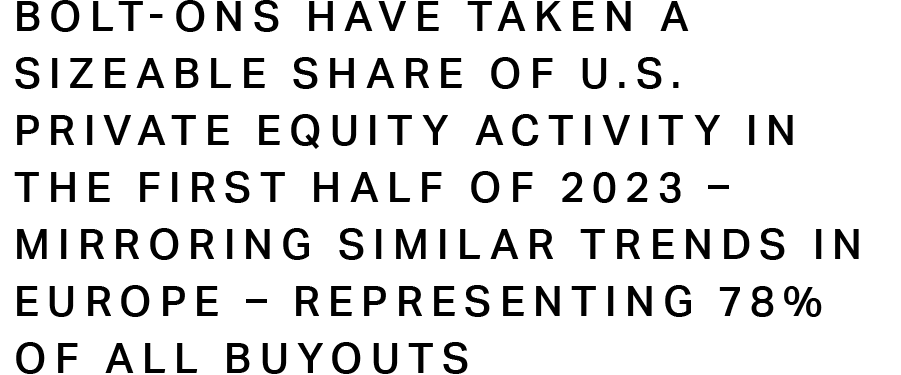
Creative Dealmaking
Interesting trends are also emerging in deal structuring as U.S. private equity firms attempt to break the dealmaking deadlock. In particular, firms are targeting assets well below their typical size threshold through existing portfolio companies, either on an all-equity basis, often involving co-investment, or extending facilities already in place.

As a result, bolt-ons have taken a sizeable share of U.S. private equity activity in the first half of 2023 – mirroring similar trends in Europe – representing 78% of all buyouts, according to Pitchbook2.
Substantial seller rollovers are also becoming increasingly prominent, with equity securities reducing the cash capital required at closing. Finally, there are whispers of a return of the syndicated deal as a way to limit exposure and make capital go further. Sandwich chain Subway, for example, has attracted the attention of a number of heavyweight clubs.
Consolidation
The U.S. is also experiencing a surge in private markets M&A as managers move into adjacent areas including credit, infrastructure and secondaries, in order to scale and improve their prospects on the public markets – or else their valuation multiples if already listed.

In the first half of 2023 alone, the industry has invested more capital in the acquisition of other firms than in any year of the past decade. Close to 40 deals totaling $13bn were completed, according to PitchBook3.
Recent takeovers include TPG’s $2.7bn acquisition of credit specialist Angelo Gordon. But there are also examples of firms targeting the mid-market, where deal flow is perceived to be richer and value creation opportunities abundant. In July, for example, HighVista Strategies acquired Abrdn’s U.S. business, expanding its reach into the lower mid-market.
Consolidation in private markets reflects investors’ growing desire to work with one-stop shops, and firms are developing into multi-strategy platforms in response. Indeed, in July this year Blackstone hit a major milestone when it reached the $1tn AUM mark, spanning real estate, credit, infrastructure, growth capital and hedge funds, in addition to its buyout roots. While there continues to be scope for small, niche specialists, at the other end of the spectrum, the biggest managers continue to get bigger.

Consolidation
The U.S. is also experiencing a surge in private markets M&A as managers move into adjacent areas including credit, infrastructure and secondaries, in order to scale and improve their prospects on the public markets – or else their valuation multiples if already listed.

In the first half of 2023 alone, the industry has invested more capital in the acquisition of other firms than in any year of the past decade. Close to 40 deals totaling $13bn were completed, according to PitchBook3.
Recent takeovers include TPG’s $2.7bn acquisition of credit specialist Angelo Gordon. But there are also examples of firms targeting the mid-market, where deal flow is perceived to be richer and value creation opportunities abundant. In July, for example, HighVista Strategies acquired Abrdn’s U.S. business, expanding its reach into the lower mid-market.
Consolidation in private markets reflects investors’ growing desire to work with one-stop shops, and firms are developing into multi-strategy platforms in response. Indeed, in July this year Blackstone hit a major milestone when it reached the $1tn AUM mark, spanning real estate, credit, infrastructure, growth capital and hedge funds, in addition to its buyout roots. While there continues to be scope for small, niche specialists, at the other end of the spectrum, the biggest managers continue to get bigger.










